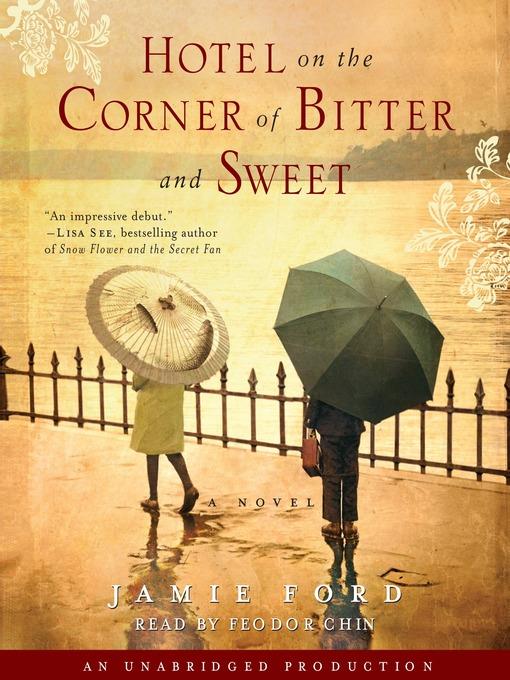
Hotel on the Corner of Bitter and Sweet
A Novel
فرمت کتاب
audiobook
تاریخ انتشار
2009
Lexile Score
850
Reading Level
4-5
نویسنده
Feodor Chinشابک
9780739382844
کتاب های مرتبط
- اطلاعات
- نقد و بررسی
- دیدگاه کاربران
نقد و بررسی

Thanks to Feodor Chin's flexible voice and agile tones, what could be an overly sentimental look at a dark period in American history becomes a tender reminiscence. Twelve-year-old Henry Lee, a Chinese-American boy, feels an immediate, if taboo, connection to Keiko, a Japanese-American girl. During WWII Japanese-Americans were persecuted, placed in internment camps, and separated from loved ones. When Keiko is interned in Idaho, Henry promises to wait for her. Forty years later Henry stumbles upon relics from the past, rediscovering Keiko through memory and flashback. Occasionally clunky writing is softened by Chin's character portrayals and narration. Henry's difficult relationship with his father, his changing feelings for Keiko, the turmoil of adolescence, the sting of prejudice--all are precisely drawn by Chin's sensitive performance. S.J.H. (c) AudioFile 2009, Portland, Maine

September 15, 2008
Ford’s strained debut concerns Henry Lee, a Chinese-American in Seattle who, in 1986, has just lost his wife to cancer. After Henry hears that the belongings of Japanese immigrants interned during WWII have been found in the basement of the Panama Hotel, the narrative shuttles between 1986 and the 1940s in a predictable story that chronicles the losses of old age and the bewilderment of youth. Henry recalls the difficulties of life in America during WWII, when he and his Japanese-American school friend, Keiko, wandered through wartime Seattle. Keiko and her family are later interned in a camp, and Henry, horrified by America’s anti-Japanese hysteria, is further conflicted because of his Chinese father’s anti-Japanese sentiment. Henry’s adult life in 1986 is rather mechanically rendered, and Ford clumsily contrasts Henry’s difficulty in communicating with his college-age son, Marty, with Henry’s own alienation from his father, who was determined to Americanize him. The wartime persecution of Japanese immigrants is presented well, but the flatness of the narrative and Ford’s reliance on numerous cultural clichés make for a disappointing read.

























دیدگاه کاربران